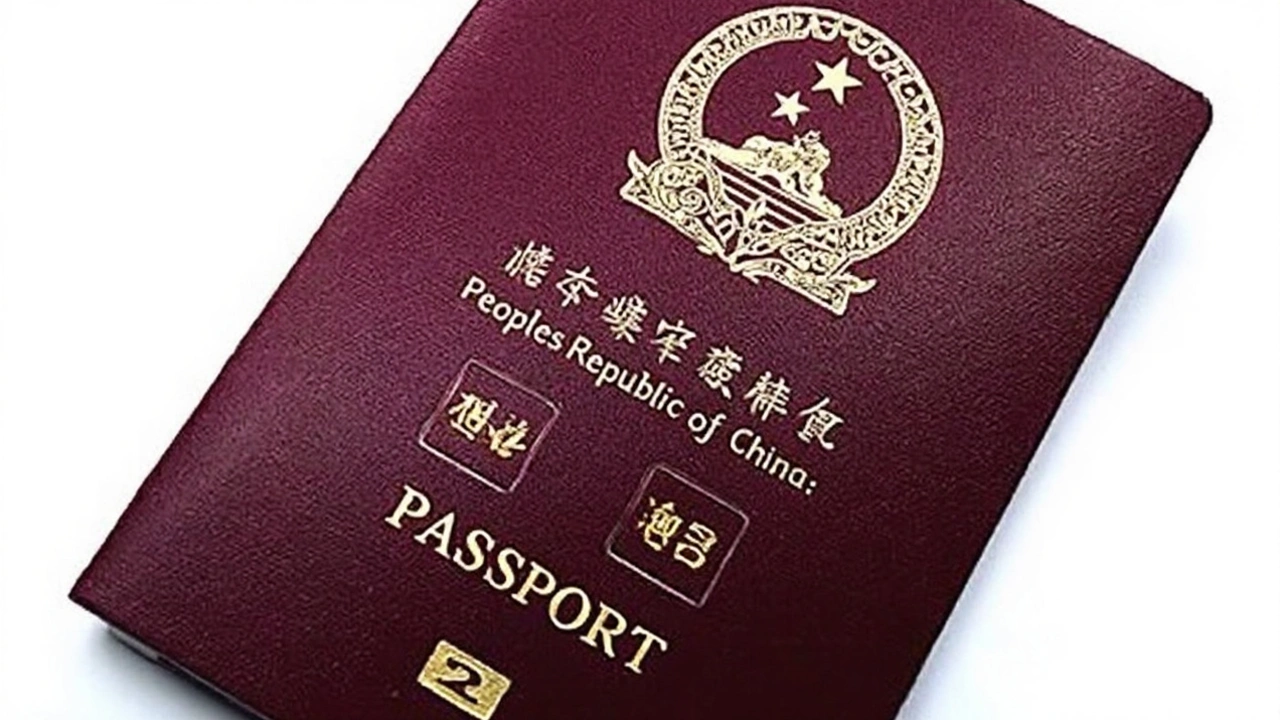Passport restrictions: simple steps to avoid travel headaches
Passport restrictions can ruin a trip fast. Rules change, political moves happen, and a seemingly valid passport might not be enough at the border. This page gives clear, practical steps you can use right now to check restrictions, prepare documents, and fix problems if they pop up.
Quick checklist before you travel
Do these things at least four weeks before you go:
- Check passport validity — many countries require 6 months left on your passport from your arrival date.
- Confirm visa needs — some places need visas in advance, others give eVisas or visa-on-arrival. Use official embassy sites or IATA Timatic for current rules.
- Look for entry bans or sanctions — political changes or sanctions can block travel quickly. Check your government’s travel advisory and the destination’s foreign ministry site.
- Check transit rules — a layover can require a visa or extra documents even if you don’t leave the airport.
- Confirm health and document rules — some countries still ask for vaccination proof, yellow fever certificate, or extra forms.
Doing these checks saves time and money. Don’t rely only on travel agents or social media — official sites are the source of truth.
What to do if your passport is restricted
If you discover a restriction after booking, act fast. Contact your embassy or consulate in the destination country and your home foreign affairs office. Here are practical fixes:
- Apply for a visa or eVisa immediately if needed. Many eVisas process in days, but some take weeks.
- If your passport doesn’t meet validity rules, renew it. Most countries offer expedited renewals for an extra fee.
- If your passport is denied entry due to sanctions or travel bans, your consulate can explain options or help arrange an emergency travel document.
- Lost or stolen passport at the border? Get to the nearest embassy right away — they can issue emergency papers so you can return home.
- Carry digital copies of your passport and visa confirmations and keep emergency contact numbers for your embassy saved in your phone and on paper.
For African travellers, regional agreements can help. ECOWAS and some other regional passports or bilateral deals allow easier movement between member states, but you still must meet each country’s rules. Also watch out for criminal record checks, previous deportations, or overstays — these often trigger entry refusals.
Final practical tips: register your trip with your foreign ministry if that service exists, print all confirmations, arrive at the airport early for extra checks, and keep local embassy numbers handy. When in doubt, check the embassy or IATA Timatic before you leave — it’s the fastest way to spot new passport restrictions.
